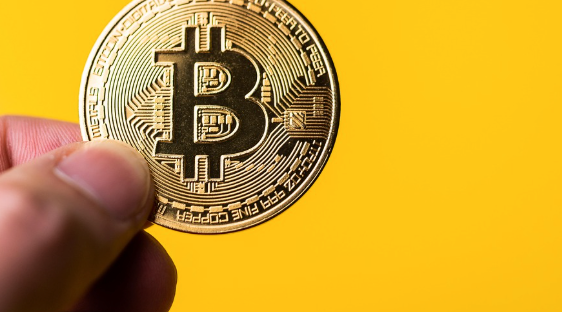$BTC $ETH #Blockchain #AI #DigitalEconomy #FutureOfCommerce #Innovation #InternetEconomy #Fintech #Investing #TechRevolution #Decentralization
Is the Internet Replacing Traditional Economies? What You Need to Know!
The rise of blockchain technology, artificial intelligence, and online platforms marks a significant turning point for traditional news. As we transition towards an internet-first economy, it’s crucial to understand how these innovations are reshaping commerce and finance. Traditional economies, once the backbone of global trade, are increasingly being replaced by digital alternatives that offer new opportunities and challenges.
The Shift Towards Digital Platforms
In recent years, we have witnessed an unprecedented shift towards digital platforms. Companies that once thrived in the traditional economy are now adapting to the realities of an online marketplace. For example, retailers are increasingly embracing e-commerce solutions to reach a broader audience. Consequently, this has led to a decline in brick-and-mortar stores, as consumers opt for the convenience of shopping online.
Moreover, advancements in blockchain technology facilitate secure transactions while enhancing transparency. This transformation is not limited to retail; it also extends to industries such as finance, healthcare, and entertainment. As we continue to navigate this digital landscape, businesses must prioritize innovation to stay competitive.
The Role of Artificial Intelligence
Artificial intelligence (AI) is another driving force behind the transition to an internet-first economy. By leveraging AI, companies can analyze vast datasets to predict market trends and consumer behavior. This capability allows businesses to tailor their offerings and improve customer experiences, ultimately leading to increased sales and loyalty.
Furthermore, AI technologies can streamline operations, reducing costs and enhancing efficiency. The integration of AI into various sectors signifies a fundamental shift in how industries operate, further solidifying the internet’s role in shaping the economy.
Implications for Traditional Economies
As traditional economies face sunset, the implications are profound. Job displacement is a significant concern, as automation and digital tools replace manual labor. However, this transition also presents opportunities for reskilling and upskilling the workforce. Governments and educational institutions must collaborate to provide training programs that equip individuals with the necessary skills for emerging roles in the tech-driven economy.
In addition, businesses must adapt to new consumer expectations. Today’s consumers prioritize convenience, speed, and personalized experiences, which traditional models often struggle to deliver. Companies that fail to embrace digital transformation risk falling behind their competitors.
Investing in the Future
For investors, the shift towards an internet-first economy presents both risks and rewards. Investing in companies that are at the forefront of this digital revolution, such as those involved in blockchain and AI, can yield significant returns. For example, cryptocurrency platforms like Binance are gaining traction as more individuals and institutions recognize the value of digital assets. To explore investment opportunities, check out this source.
As we look to the future, staying informed about trends in the digital economy is essential. For those interested in exploring more about cryptocurrencies, visit our crypto section for in-depth analysis and insights.
Conclusion: Embracing the Change
In conclusion, the transition from traditional economies to an internet-first paradigm is not merely a trend; it is a fundamental shift that will define the future of commerce. Embracing this change requires a proactive approach from businesses, governments, and individuals alike. By understanding and leveraging the power of blockchain, AI, and online platforms, stakeholders can navigate this evolving landscape and unlock new avenues for growth and innovation. The time to act is now, as the digital economy continues to expand and redefine our world.







Comments are closed.